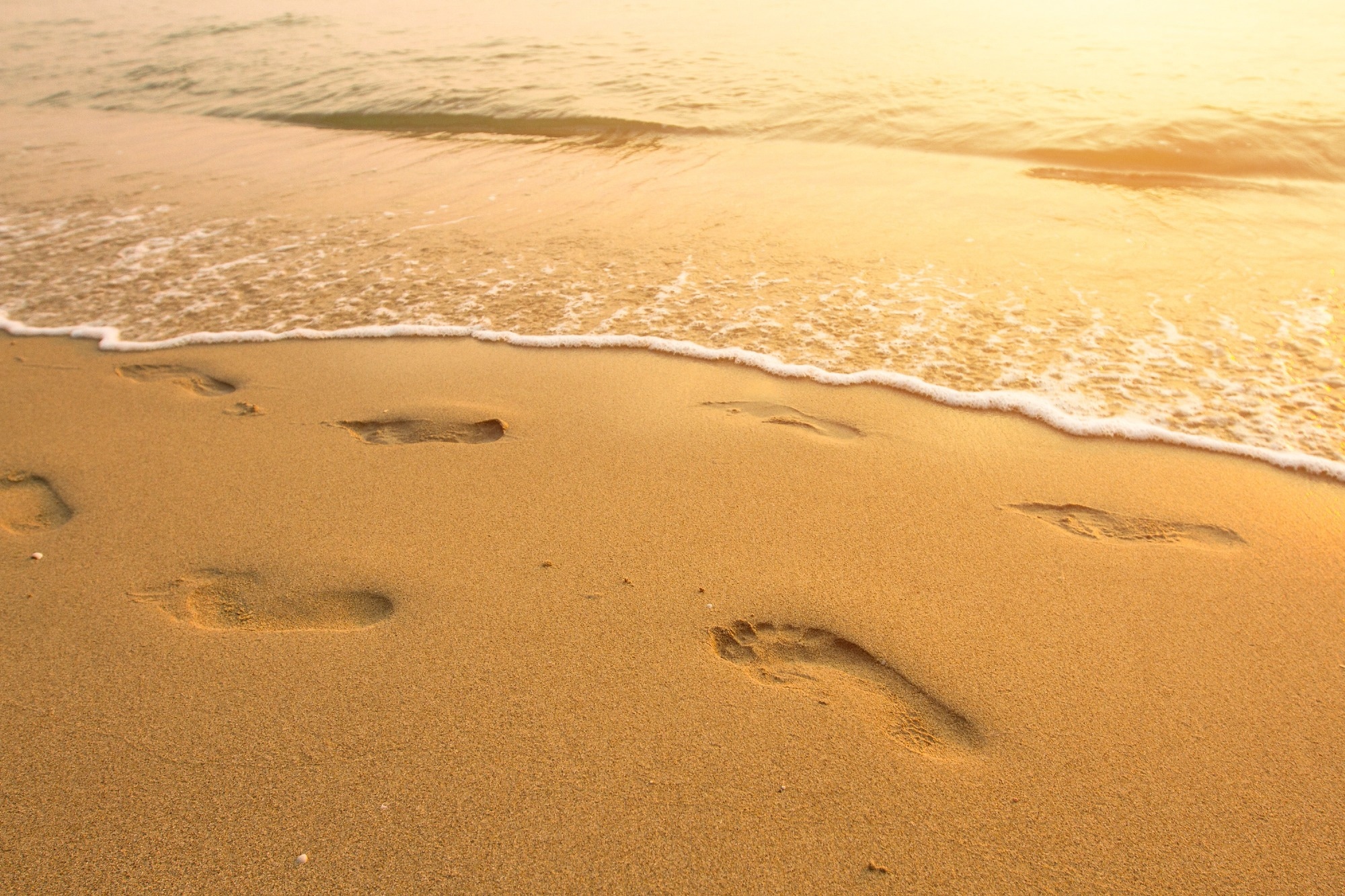How does where you live, by the ocean or an inland lake, shape your lifespan? Discover why coastal living adds years and why blue spaces don’t always mean better health.
 Study: Unveiling Complexity in Blue Spaces and Life Expectancy. Image Credit: De Visu / Shutterstock
Study: Unveiling Complexity in Blue Spaces and Life Expectancy. Image Credit: De Visu / Shutterstock
In a first-of-its-kind study published in the journal Environmental Research, researchers investigated the impact of proximity to coastal and inland water bodies on life expectancy in both urban and rural communities across the United States (US).
Background
Did you know that where you live, especially how close you are to water, might impact how long you live? Life expectancy, a key indicator of overall well-being, is influenced by factors such as income, healthcare, and environmental conditions. While the benefits of green spaces are well-known, “blue spaces” like oceans, lakes, and rivers are gaining attention for their effects on both mental and physical health. Coastal areas often offer cooler temperatures, better air quality, and recreational benefits, while inland waters show mixed effects. Direct research on how these spaces affect life expectancy has been absent globally—a gap this pioneering study addresses.
About the study
Researchers studied 66,263 census tracts across the contiguous United States, using life expectancy data from 2010 to 2015 provided by the Centers for Disease Control and Prevention's US Small-Area Life Expectancy Estimates Project. Blue space exposure was measured in two ways: proximity to coastal waters (within 0, 20, or 50 kilometers) and the presence of large inland water bodies (at least 10 or 20 square kilometers). Environmental data, including air pollution (PM₂.₅ and wildfire smoke), terrain features, temperature extremes, and drought susceptibility (as measured by the Standardized Precipitation Index), were collected from national sources. Socioeconomic data, including income and population demographics, were obtained from the American Community Survey.
Analytical approaches included multiple linear regression, multi-level models (to account for state-level variations), and spatial regression (addressing geographic clustering). A mutual information model was applied to identify key factors differentiating coastal and inland water-proximate tracts. Sensitivity analyses tested alternative definitions of blue space exposure. All analyses utilized specialized statistical software, with a particular focus on urban-rural differences.
Study results
Life expectancy in the US averaged 78.3 years across census tracts. Multi-level regression revealed that proximity to coastal waters (within 50 km) significantly increased life expectancy (β=0.32), while proximity to inland water bodies (≥20 km²) reduced it overall (β=-0.14). Critically, inland waters showed divergent effects: urban exposure decreased longevity (β=-0.39), but rural exposure increased it (β=0.22).
Mutual information analysis identified the most influential differences between coastal and inland tracts: coastal tracts had far fewer hot days (2.2 vs. 21.0 days annually), lower maximum temperatures (34.3°C vs. 37.7°C), higher barren land coverage (0.65% vs. 0.13%), and better air quality (annual smoke PM₂.₅: 0.52 µg/m³ vs. 0.78 µg/m³).
Coastal advantages included milder temperatures, fewer smoke days (30.6 vs. 40.3 annually), flatter terrain (road TRI count: 633.6 vs. 1,759.7), reduced drought susceptibility, and significantly higher incomes ($91,075 vs. $67,775). Urban-rural disparities emerged in other factors: Population density increased urban longevity (β=0.49) but decreased rural (β=-9.73), while elevation benefited only rural residents (β=0.62).
Conclusions
This groundbreaking research confirms that the impact of blue space on longevity is not universal. Living near coastal waters extends life expectancy through milder climates, cleaner air, recreational access, transportation advantages, and higher incomes. Meanwhile, inland waters exhibit location-dependent effects: they are harmful in urban areas due to pollution and flood risks, but beneficial in rural settings. These insights call for context-sensitive integration of blue spaces into public health planning. The authors acknowledge limitations, including the study's cross-sectional design and the lack of data on water quality and recreational use. Urban planners and policymakers can leverage these findings to design health-equitable communities and address spatial health disparities nationwide.